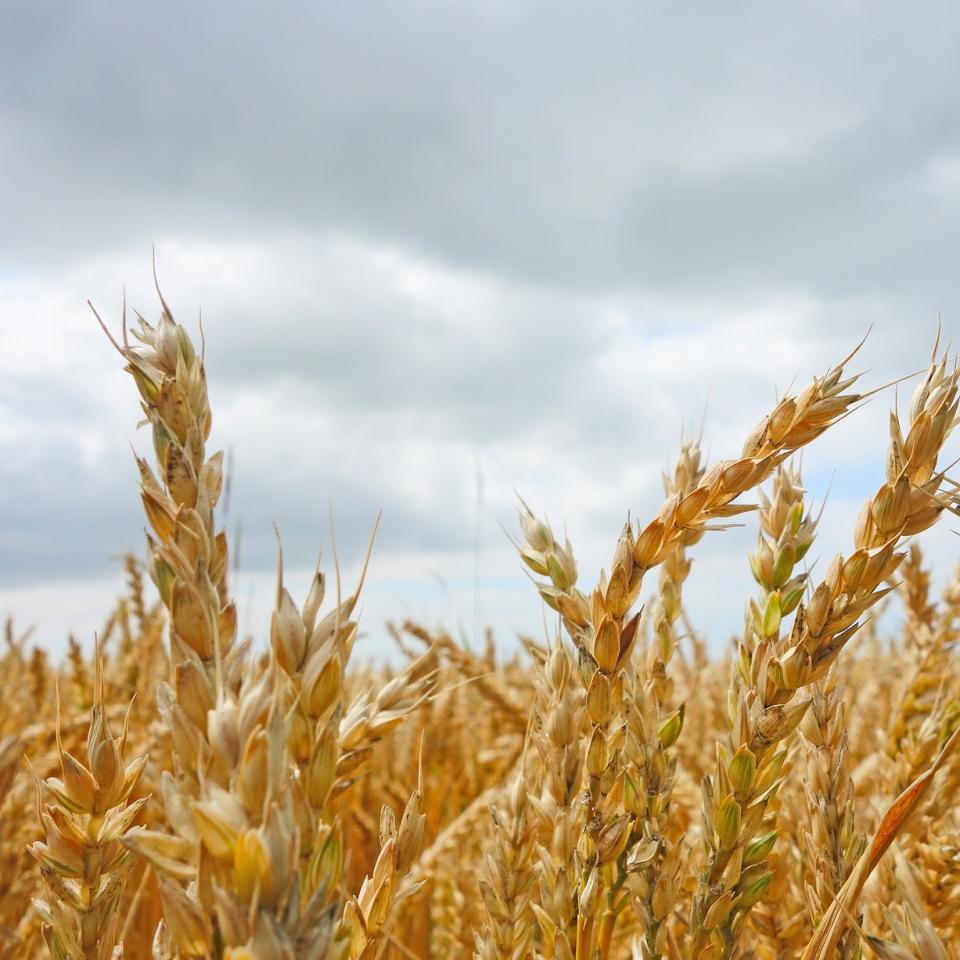
Senova Ltd and the Institute of Biological, Environmental and Rural Sciences
Research carried out at the Institute for Biological Environmental and Rural Sciences (IBERS) at Aberystwyth University has led to the development of new and improved varieties of oats which can reduce heart disease and have produced benefits for the UK economy.
- Research carried out by Aberystwyth University has led to the development of new and improved varieties of oats which can reduce heart disease.
- The University’s Institute for Biological Environmental and Rural Sciences has a strategic alliance with Senova Ltd.
- Alliance generates significant financial contribution to the oat market and supports approximately 800 jobs in the UK.
These oat varieties contain high levels of beta-glucan, offering enhanced health benefits. IBERS’ strategic alliance with Senova Ltd, a dominant player in cereals, oilseeds and pulses, seeks radical changes to existing oat varieties through breeding and research aimed at novel valuable genetic recombinants. The milling quality of the oat varieties is tested in collaboration with the British Oat and Barley Millers Association, representing the UK major oat milling companies.
Varieties developed by the IBERS oat breeding programme seek to contain higher levels of beta glucan than other oat varieties and therefore offer enhanced health benefits to society as 65% of all oats used in the UK have been developed at IBERS. The research has also led to the development of more nutritious animal feed, leading to better productivity for farmers.
The work of IBERS at Aberystwyth University has received royal recognition and was a recipient of The Queen’s Anniversary Prize for Higher and Further Education for public good plant breeding in 2009. IBERS now has a substantial number of commercial oat varieties registered under UK Plant Breeders’ Rights and Community Plant Variety Rights and available for marketing by Senova. Through Senova’s marketing activities, IBERS’ contribution to the oat market generates around £123 million each year. Additionally, its oat varieties generate £19 million in gross value added for the UK economy and support around 800 jobs in the UK supply chain (2014 figures).
